Even though our parents are probably happy and relieved to see us grow up and let go of some childish behaviours, our furry counterparts should remain babies forever – that’s how adorable little animals are! And if some might argue that human babies are cuter, we give you this list of the cutest animals ever to think about!
The age of reaching maturity differs with each adorable animal species. While a kitten is probably considered a baby animal for about a year, it can take 20 years for a baby elephant to mature! And that, of course, has to do with lifespans and how long animals live – a longer lifespan usually means that baby animals will take longer to mature. However, with the funny animals called humans, some of us tend to stay in our teens for our entire lives!
Adorable Baby Animals – Pictures and Information
Just like us, baby animals are curious, naive, and big-eyed – just, of course, a little bit furrier. Learning to tell right from wrong and good ways to live to tell the tale takes time, and it certainly gives you some lovely animal picture possibilities if you’re around with a camera to capture it.
Take a break and check out these cute, cuter, cuter baby animal photos, radiating all the quality vibes and feelings. Let’s begin the emotional roller coaster!
The Cutest Baby GiraffeFun Facts About Baby Giraffe:
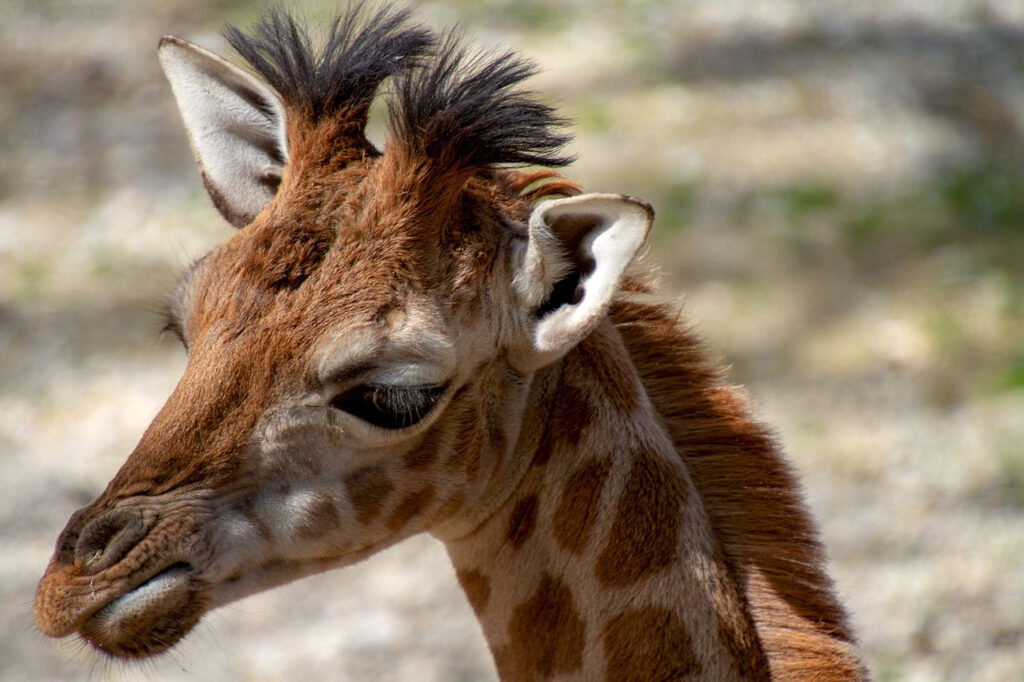
Baby giraffes can run fast and keep up with adults as soon as 10 hours after they’re born!
After they’re a month old, moms leave baby giraffes with nannies called “birthing pools” and go off in search of food and water.
The Cutest Baby Chameleon
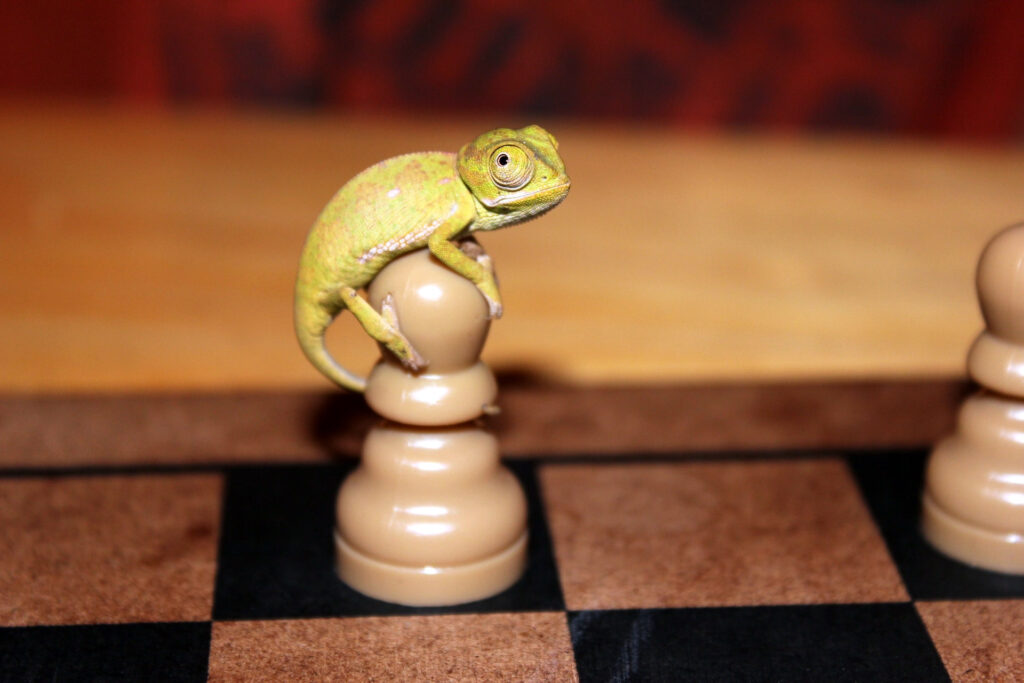
Fun Facts About Baby Chameleons:
Baby chameleons never meet their mom. Chameleon moms animal simply lay and bury the eggs underground, and baby chameleons are left to fend for themselves from birth!
Baby pygmy chameleons are so ridiculously small that their average length is only about an inch!
Adorable Baby Elephant
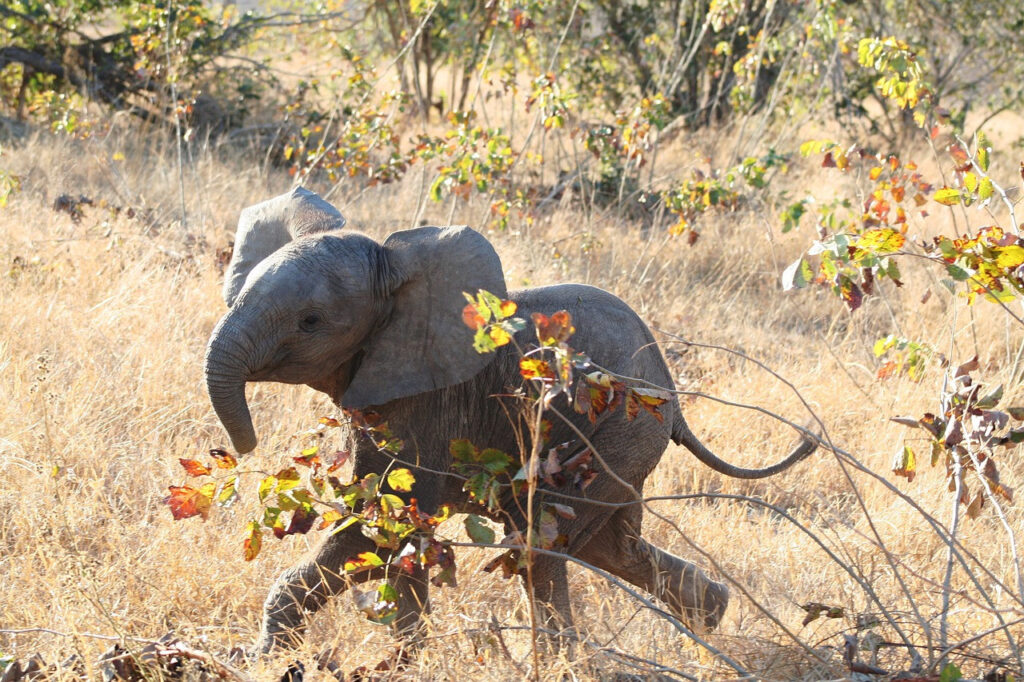
Fun Facts About Baby Elephants:
Although baby elephants come into this world, they are born with terrible eyesight – almost blind!
Just like humans, baby elephants lose their tusks when they are one year old and grow them back after they turn 18.
Adorable Baby Crocodile

Fun Facts About Baby Crocodile:
Baby crocodiles can lose and regrow their sharp, strong teeth at will, but it will get harder as they get older.
Only when they hatch from their eggs does the mama crocodile bring the baby crocodiles into her mouth closer to the water for their first swim!
The Cutest Duckling Ever
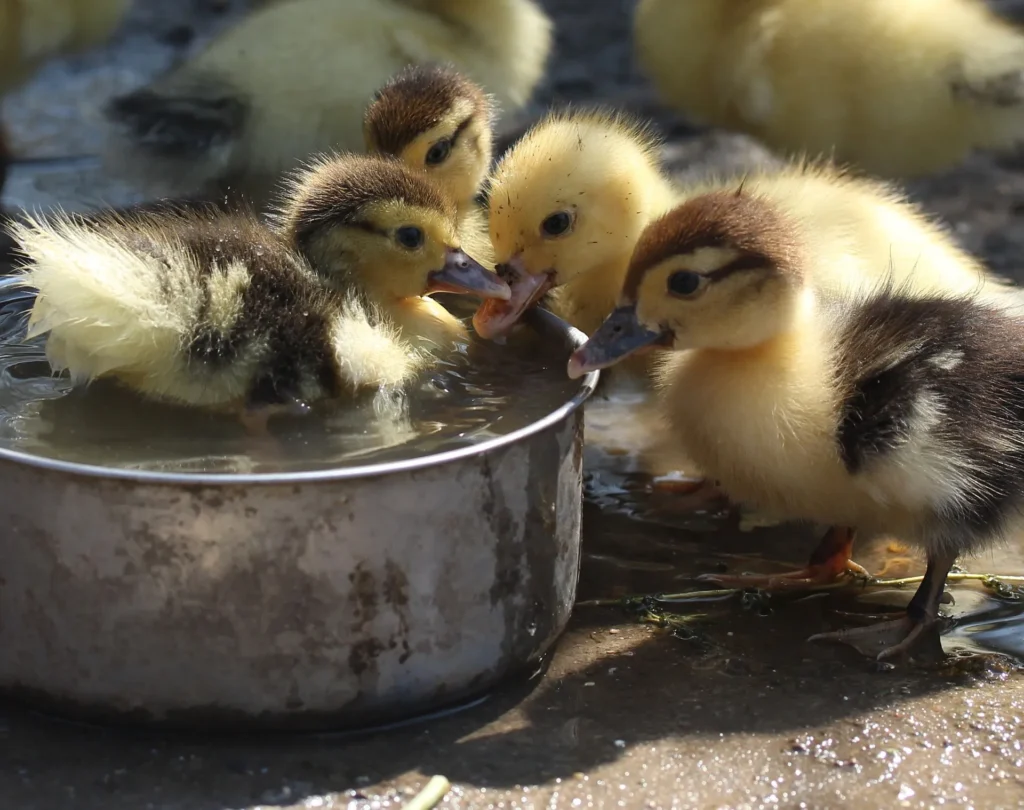
Fun Facts About Ducklings:
Even as babies, geese sleep with one eye open, resting only half of their brain. This behaviour helps them stay alert and protect themselves from scary predators like snakes or wolves. Baby geese produce an oily substance from their preen gland. They spread it all over their body, making their feathers waterproof so they can go with the flow or fly effortlessly.
Adorable Baby Deer
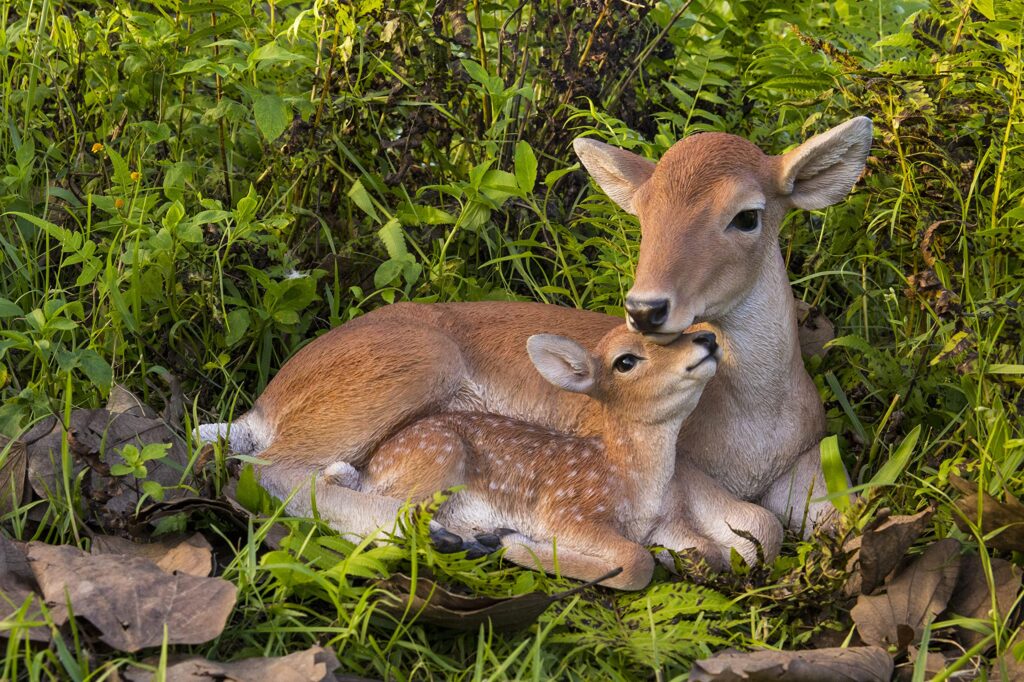
Fun Facts About Baby Deer:
When baby deer are born, they arrive with only 4 teeth!
For the first few weeks from birth, baby deer only survive on the mother deer’s milk.
Cutest Baby Hippo

Fun Facts About Baby Hippos:
Male hippos can attack baby hippos in the water, so moms will always be around to protect the babies.
Female baby hippos are quicker to reach adulthood than male baby hippos.
Adorable Baby HedgehogFun Facts About Baby Hedgehogs:
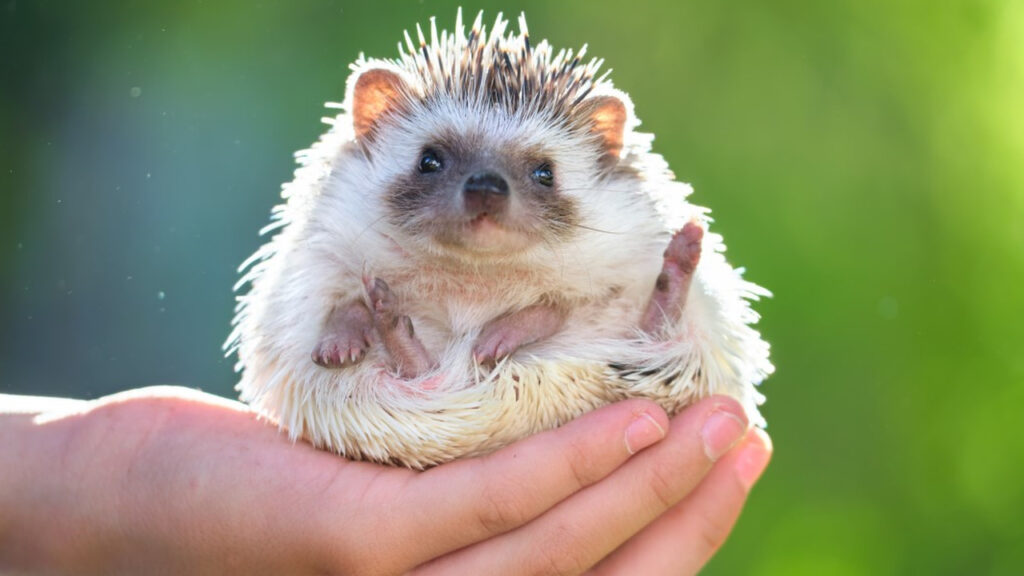
Baby hedgehogs are resistant to poison, so they can kill and devour snakes if asked.
Just like people, baby hedgehogs can cry, cough, or even scream.
Lovely Spanish Kitten
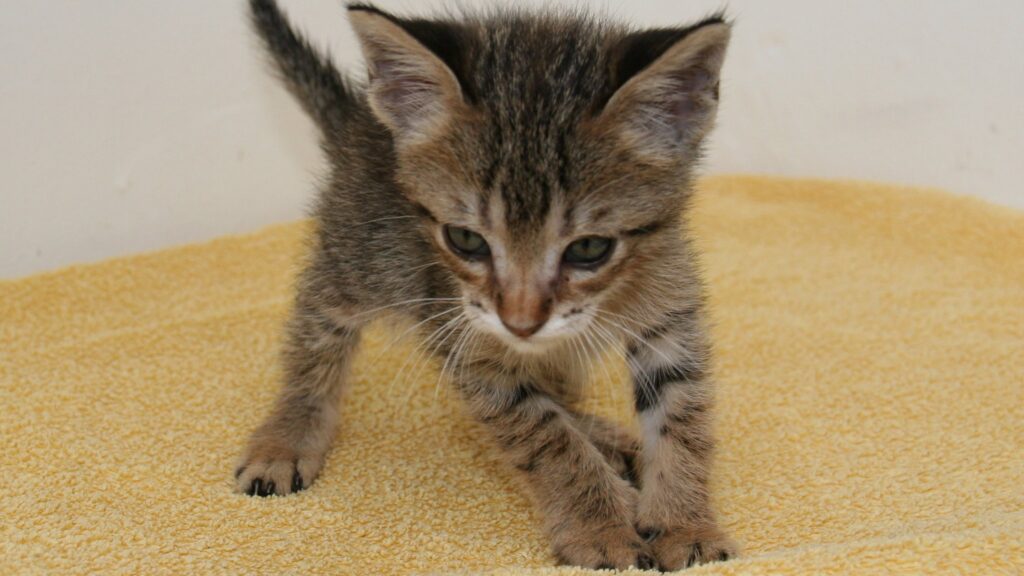
Fun Facts About Kittens:
Each cat’s tit has a unique scent. Each kitten memorizes this scent and feeds from the same tit every time!
In Bali, a monkey followed an abandoned kitten and raised it as its own.
Cute Baby Dolphin
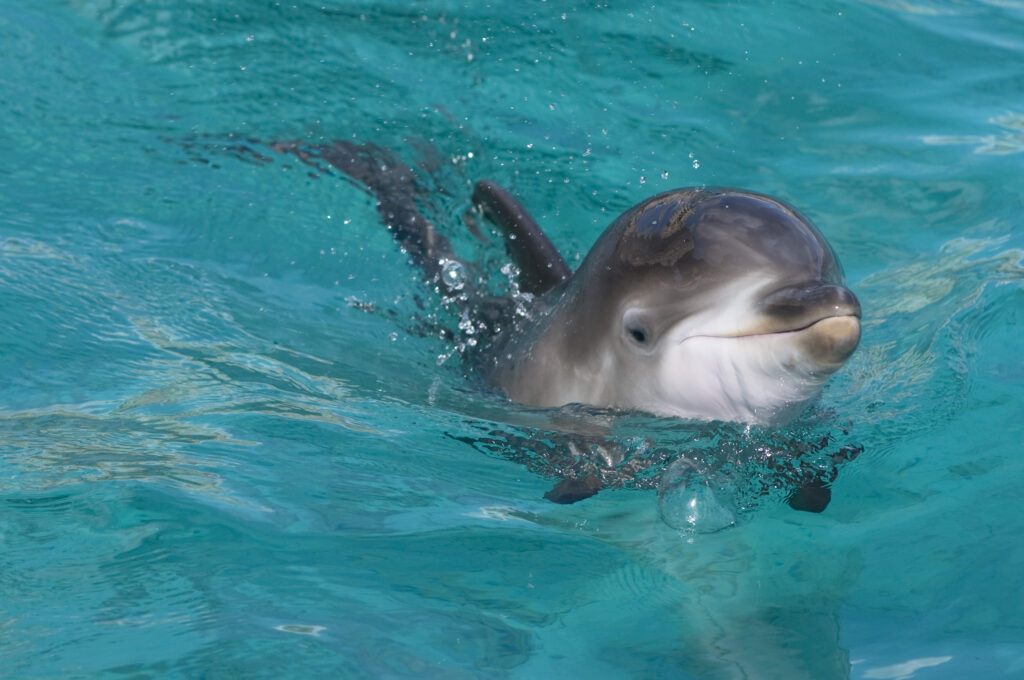
Fun Facts About Baby Dolphins:
Baby dolphins learn to swim while in their mother’s womb!
Baby dolphins roll their tongues up like a straw that their mom shoots her breast milk into!
The Cutest Baby Anteater Ever

Baby Anteater is a fun fact:
Baby anteaters, or “house dogs,” sit on their mother’s back until they gain the strength to walk on their own.
Those cubs stay with their mother until they are two years old before becoming independent and living on their own!
The Funny Baby Panda
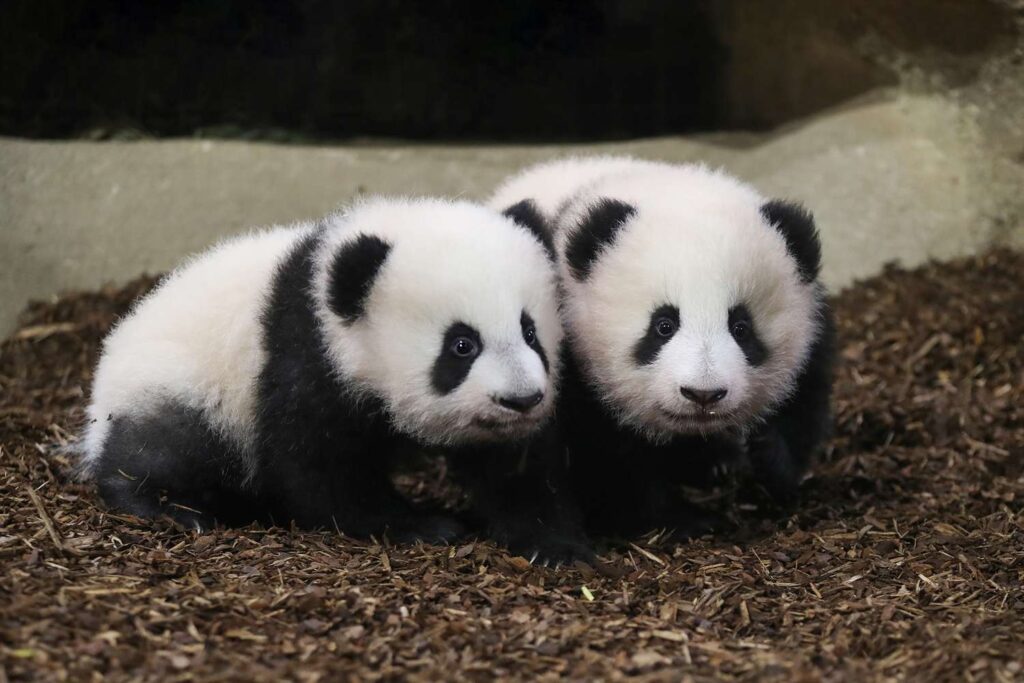
Baby Panda is a fun fact:
Baby pandas start eating bamboo after six months!
Since baby pandas are highly dependent on their mother, the mother may abandon the weaker one and take care of the stronger one if she can give birth to twins.
Beautiful Baby Octopus
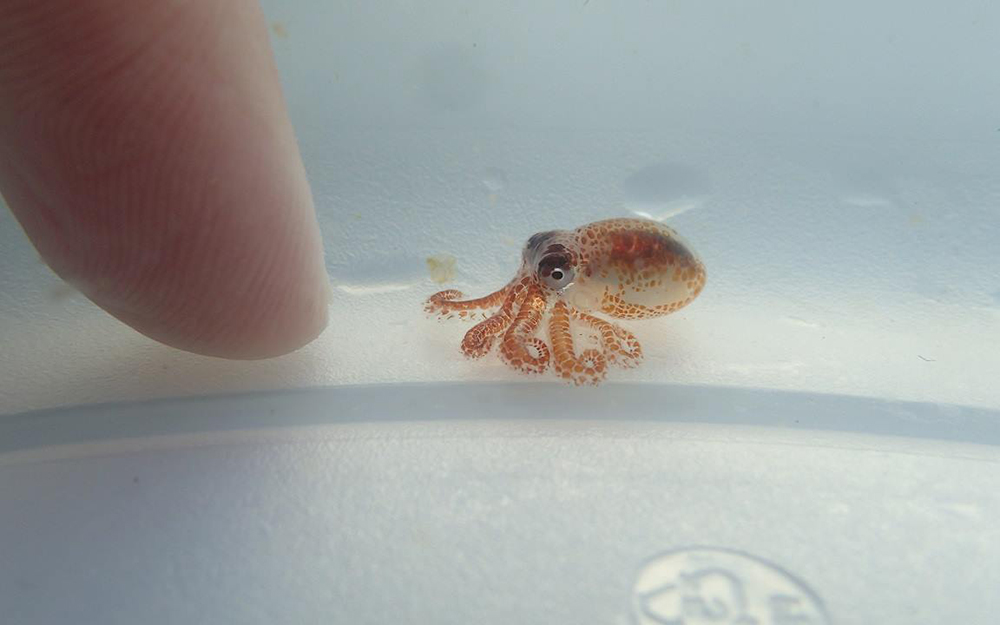
Baby Octopus is a fun fact:
Baby octopuses are said to be so smart that they can play with toys or even solve puzzles.
After baby octopuses are born, their parents usually die quickly after a while. This is because caring for eggs exhausts the mother and father, leaving them too vulnerable to continue to exist for long.
The Cutest Lamb Ever
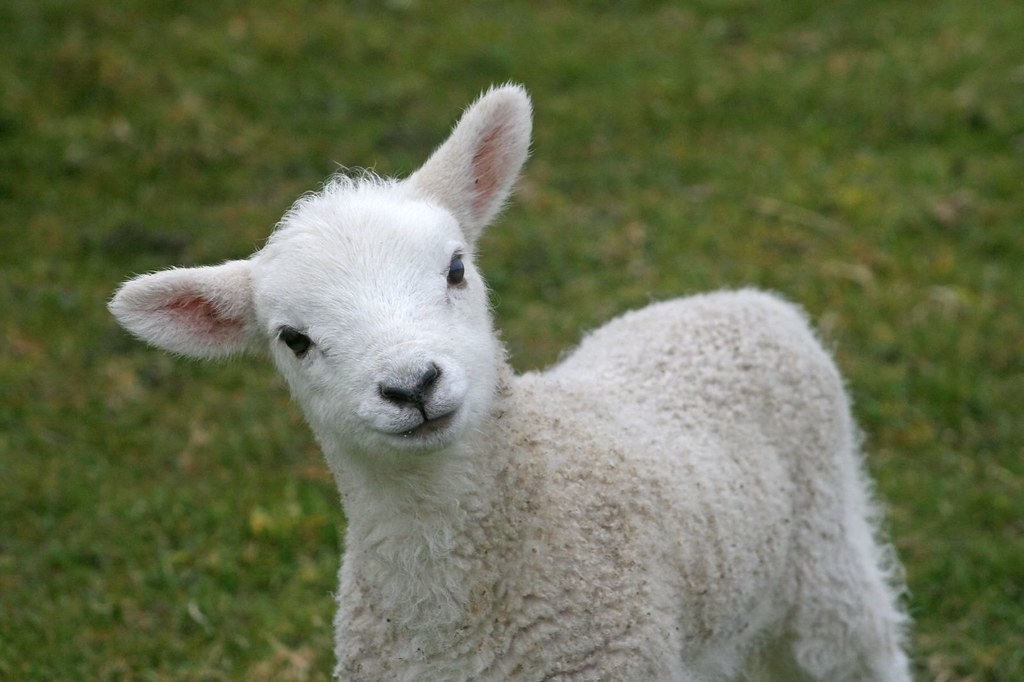
Fun Fact About Lambs:
If the mother feels that her baby lamb will die, she may abandon it to save her milk for the healthier ones.
Lambs can cry all night long if they get scared or can’t find their mom!
Adorable Baby Owl
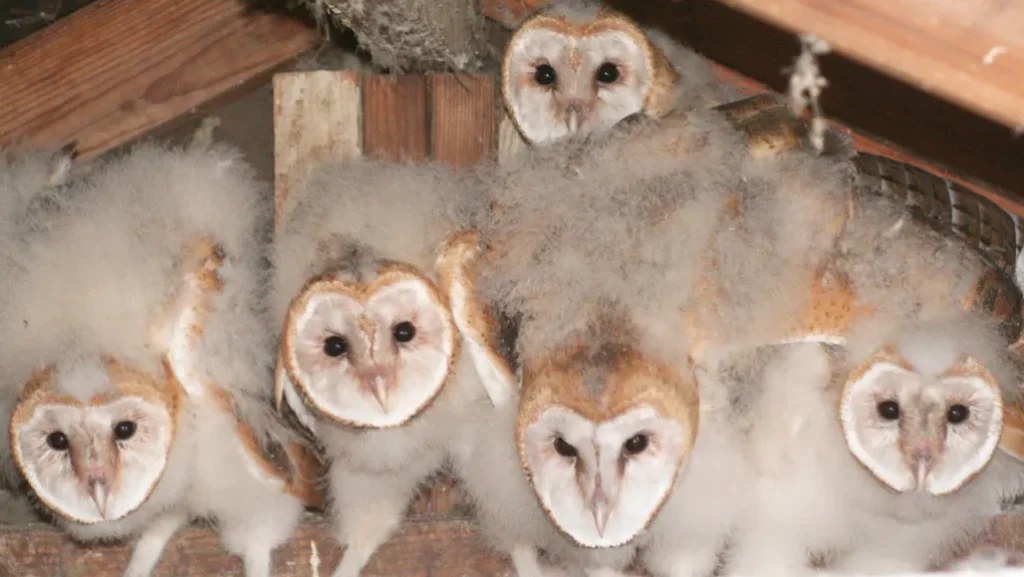
Fun Fact About Baby Owl:
Baby owls can imprint on humans. Therefore, rescuers feed those in rehabilitation while taking precautions.
Owls leave their nests within six weeks of birth.
Adorable Baby Sloth
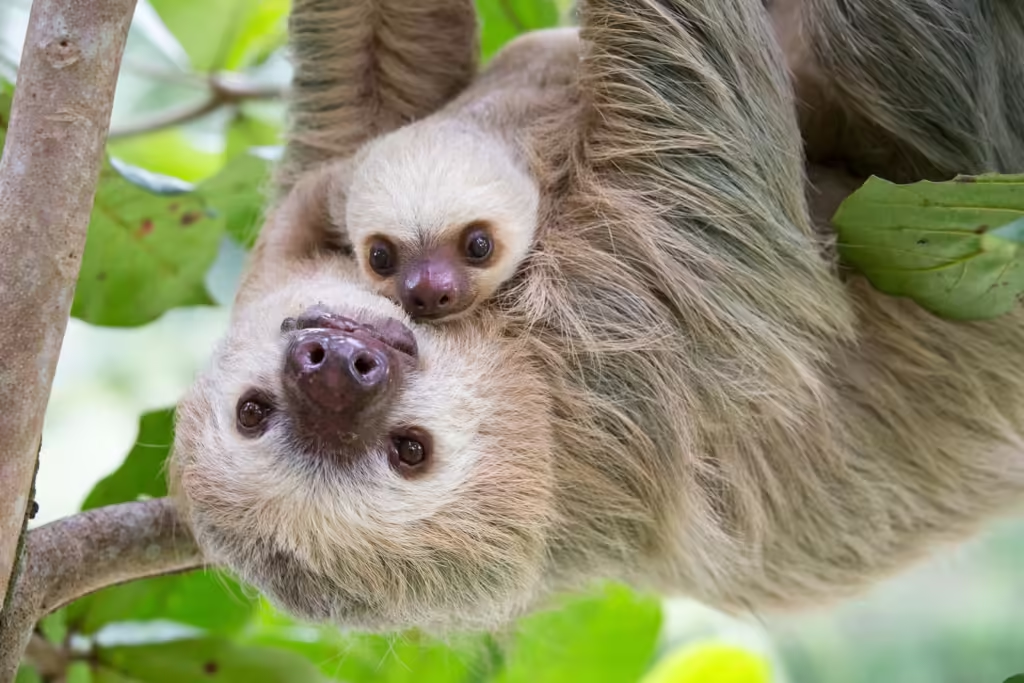
Fun Fact About Baby Sloth:
Baby sloths poop only once a week – that’s it!
Caring for twins is hard, so the mom sloth abandons the weaker twin and cares for only the stronger of the two.
Cutest Baby Seal
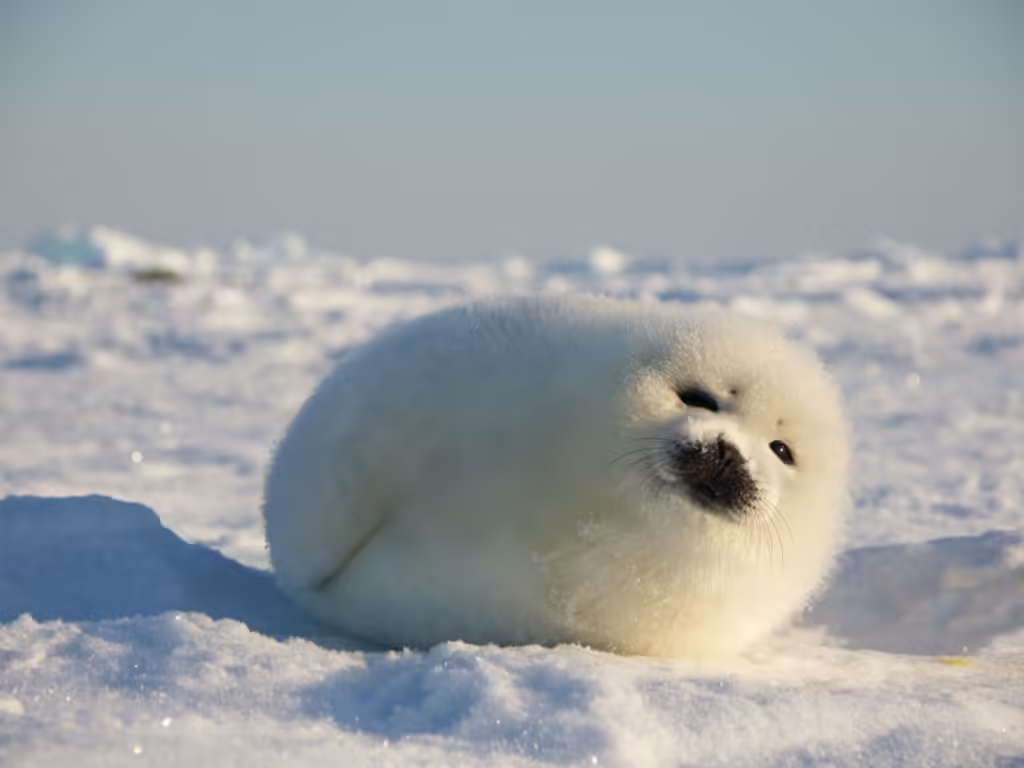
Fun Facts About Baby Seals:
Baby seals, or “pups,” have a special name for their mom, which she will be able to understand instantly!
Baby seals can live underwater without breathing for several hours. They can take quick naps while in the water.
Beginner Pufferfish
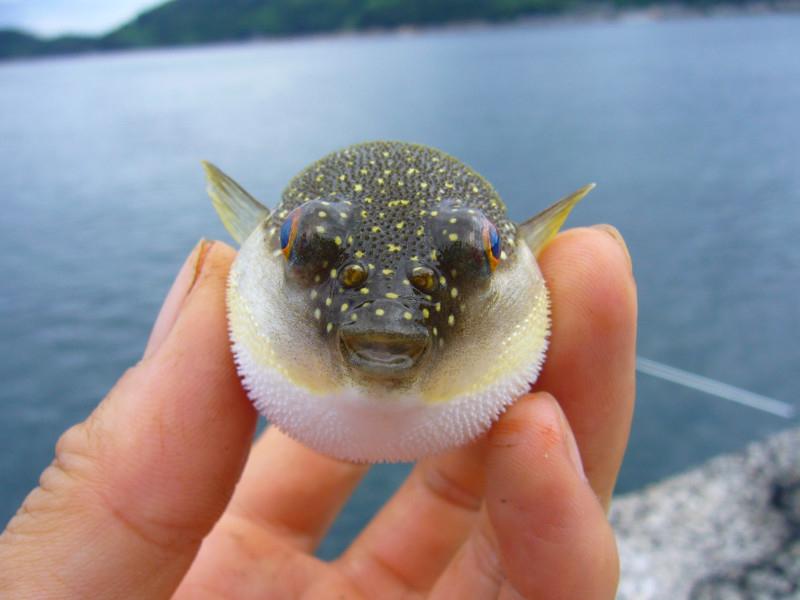
Interesting Facts About Juvenile Pufferfish:
Some young puffers can no longer grow while facing danger. A little praise as they age, not only for protection but also as an important factor in their growth.
Adorable Bunny
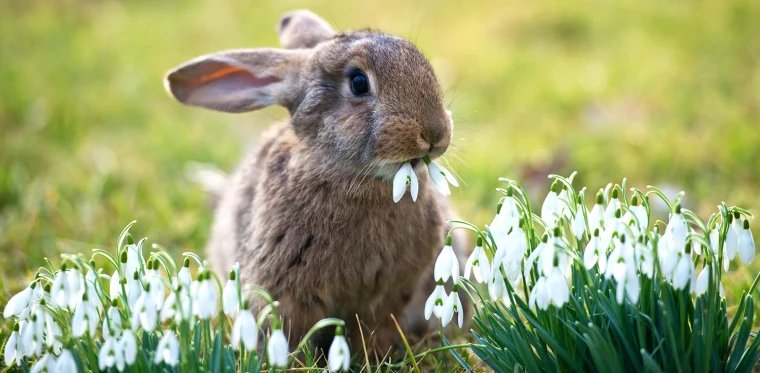
Interesting Facts About Rabbits:
Baby rats are born without the ability to hear or see. They mature slowly over the years.
Baby rabbits eat their faeces.
Adorable Tiny Piglet
Brilliant Facts About Pigs
Piglets or baby piglets can be taught cues like rolling over or sitting!
Piglets don’t sweat. Instead, they manipulate their breathing to cool their body!
Baby Foxes
Fun Facts About Baby Foxes:
Baby foxes have the smallest stomachs, so they must eat a couple times a day.
Baby foxes are very stinky, but this smell is for identification!
Baby Hamster
Fun Facts About Baby Hamsters:
Baby hamsters are born blind. They open their eyes weeks after birth!
If hamsters are under a lot of pressure about raising their babies, they can gobble them up!
Baby Walrus
Fun Facts About Baby Walruses:
Baby walruses, or “calves,” are born on ice!
Male calves develop faster than females!
Cute Foal
Fun Facts About Foals:
Foals can stand on their legs hours after birth!
Mares share a brief, strong bond with their foals, and they communicate in silence!
Baby Skunk
Fun Facts About Baby Skunks:
When baby skunks are born, they can be blind and toothless!
Baby skunks mature at the age of ten to one year and are ready to leave their mother and start a family of their own!
Baby Chinchilla
Fun Facts About Baby Chinchillas:
Don’t be fooled by tiny baby chinchillas; they are super fast and run at top speed!
Although the mother is the primary caregiver, parent chinchillas also help raise the babies.
Baby Dik Dik
Fun facts about dik dik babies:
Dik-dik babies are usually born as solitary offspring of a dik-dik pair.
They stay with their parents until they are kicked out and a new baby is born!
Baby Penguins
Fun facts about baby penguins:
Baby penguins live between their parents’ feet to stay warm!
Daddy penguin takes care of the penguin eggs while mommy goes out hunting for food!
Cute little animals for a daily dose of serotonin!
Now, wasn’t that adorable? Looking at the cutest animals is just healthy, and the dose of serotonin is all you need to get through the traumatic days! Come on, eat!

